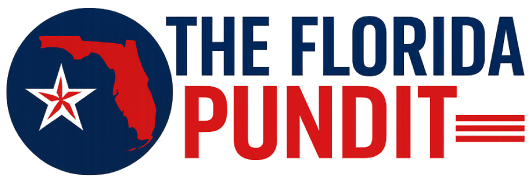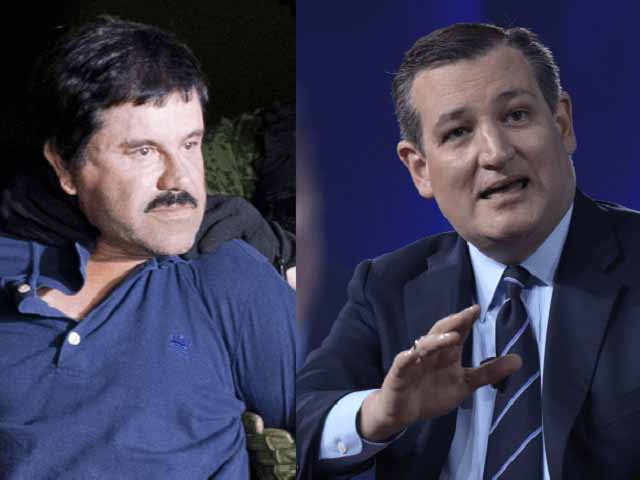Republican Senator Ted Cruz has vowed to reintroduce a bill that would require confiscated money from Mexican cartels to be destined to pay for the border wall, in other words, he’s saying “Let’s build the wall, and make El Chapo pay for it”.
Ted Cruz said in an interview with Fox News that he came up with the bill more than a year ago, when Congress debated the cost of the border wall proposed by President Donald Trump, then estimated at approximately $ 14,000 million.
“There is a natural and elegant symmetry that presented itself,” said Cruz. “Those billions that El Chapo has got for illegal trafficking on the border with the United States, passing narcotics across the border, so it’s just that those ill-gotten gains are destined to solve the problem of arresting the next drug trafficker”.
After Joaquín ‘El Chapo’ Guzman was found guilty of drug trafficking in a trial that included testimonies of pistols encrusted in jewelry, a flotilla of cash-laden planes and a personal zoo, some Americans began to raise what they believe is poetic justice: Why not take the billions of ill-gotten profits from the drug trafficker and thereby pay for the border wall that President Donald Trump wants?
That could be a huge challenge, especially since the federal authorities can not say with certainty how much ‘El Chapo’ Guzmán has left of his profits after decades of smuggling drugs to the United States, or how they intend to recover it.
But making use of those profits is another story.
In national cases of white collar crimes, there is usually a paper trail pointing to confiscable assets hidden in bank accounts and ghost companies.
But Guzman’s trial was plagued with evidence of how his Sinaloa cartel struggled to hide profits, either by keeping the money in safe houses or by washing it through a fake fruit juice business in Mexico City.
Even so, some attractive details of opulence came out of the trial. The jurors heard a collaborating witness, Miguel Ángel Martínez, describe how during the “cocaine boom” of the 1990s Guzmán had houses “on all the beaches and ranches in every state.” He added that Guzman sent his three private planes every month to collect money in Tijuana. On average, each plane carried 10 million dollars to Sinaloa.
However, the defense claimed that the government’s declaration of a cash flow that fueled Guzman’s ostentatious consumption was highly exaggerated. In his final plea, his lawyer Jeffrey Lichtman quoted the testimony of another collaborator who said that when Guzmán was a fugitive about 10 years ago, when he was one of the most wanted men in Mexico, he owed 20 million dollars and could barely pay the subordinates who protected him in one of his hiding places in the mountains.
“The guy did not have any money,” Lichtman told the jury.
Instead, Lichtman insisted in a telephone interview on Thursday that the idea that El Chapo Guzman is a multi-millionaire is false.
The 14,000 million dollars are “a fantasy figure,” he said. “It’s a fantasy not only because of how it came to it, but because of how they hope to get it.”
The final total amount of the confiscation must be determined by federal judge Brian Cogan.

